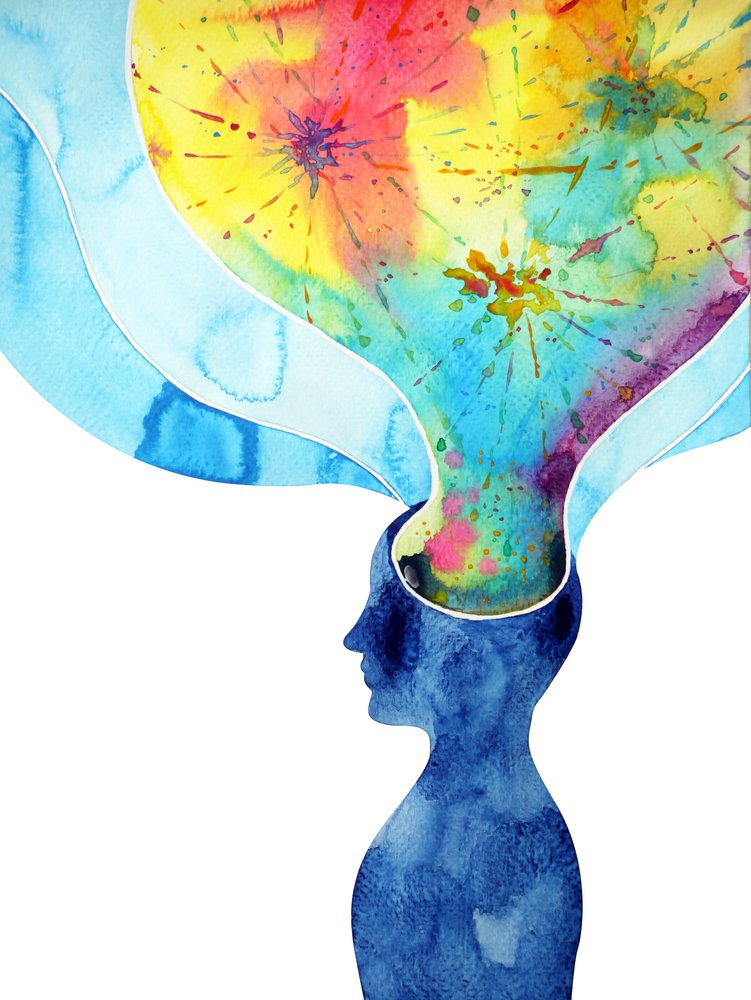Relatives of ALS Patients More Likely to Develop Neuropsychiatric Disorders, Study Finds
Written by |

Relatives of patients with amyotrophic lateral sclerosis (ALS) have a higher likelihood of developing neuropsychiatric symptoms including schizophrenia, obsessive-compulsive disorder, autism, and alcoholism, research from Ireland shows.
The study, “Clustering of Neuropsychiatric Disease in First-Degree and Second-Degree Relatives of Patients With Amyotrophic Lateral Sclerosis,” was published in JAMA Neurology.
ALS is a neurodegenerative disease that mostly involves the motor system. However, recent studies have suggested ALS is a disease spectrum, which can be expanded to include nonmotor involvement in some patients.
In fact, approximately 13% of ALS patients have a type of dementia known as frontotemporal dementia (FTD) and there is known cognitive dysfunction, behavioral, and social cognitive change in up to 70% of cases.
The heterogeneity between ALS cases, which refers to the different manifestation of the disease among individuals, may be attributed partly to the presence of a nucleotide expansion in the C9orf72 gene, which is present in 10% of ALS cases and 30% of FTD cases. This expansion has been found to be associated with FTD, psychosis, Huntington’s disease, obsessive-compulsive disorder (OCD), and bipolar affective disorder.
Higher rates of neuropsychiatric disorders have been found in patients with ALS, as well as their relatives. While sometimes these incidences are associated with the C9orf72 expansion, it is not always the case. Therefore, researchers conducted a case-control study to determine the prevalence of neuropsychiatric diseases in first-degree and second-degree relatives of people with ALS and without the disease (the controls).
Researchers studied 2,116 relatives of 127 ALS patients who were included in the Irish ALS Register between Jan. 1, 2012 and Jan. 31, 2014. Of the 2,116 relatives were 924 first-degree relatives, 1,128 second-degree relatives, and 64 who were third-degree relatives.
They determined that 77 patients with ALS (61.4%) and 51 control participants (38.6%) reported at least one first-degree or second-degree relative with a history of schizophrenia, psychosis, suicide, depression, alcoholism, or autism. This showed that ALS patients’ relatives were 1.5 times more likely to develop a neuropsychiatric disorder compared to controls.
The researchers then grouped patients and controls with zero to two affected relatives into one group, and three or more affected relatives into another.
In the group with three or more affected relatives, 72% of them had ALS, with an average of four affected siblings. Among the 72% of ALS patients in this group, only 17.2% had the C9orf72 expansion, indicating that there may be other gene variants at work leading to these familial diseases.
Patients with ALS had a strong family history of schizophrenia, with a 3.4-fold higher risk than control patients, as well as a 3.3-fold higher risk of suicide, 10.10 times higher risk of autism, and 1.48 times higher risk of alcoholism. Interestingly, depression was not significantly higher in the relatives of ALS patients.
A diagnosis of ALS can cause stressful conditions among patients’ family members, which may explain the high rates of neuropsychiatric disorders seen in the relatives. However, this study was specifically designed for those relatives who were diagnosed with neuropsychiatric disorders before the patient was diagnosed with ALS, which eliminates the stress effect of the ALS diagnosis.
“Our study confirms a previous observation of higher rates of neuropsychiatric conditions within ALS kindreds,” the researchers wrote.
“We have shown that this aggregation is driven primarily by kindreds at risk for particular neuropsychiatric conditions that recapitulate the cognitive and behavioral subphenotypes described in ALS, and that this effect is not driven primarily by the presence of the C9orf72 repeat expansion,” they concluded.
As C9orf72 is not the only genetic variation associated with these disorders, there may be many other variants that are linked to these conditions. In fact, it may be a combination of different variants that contributes to their development.
In an editorial accompanying the study, researchers from the University of Florida write, “With genome-wide association study analysis, we are finding multiple genes that appear to confer a minimal effect by themselves but can produce disease in combination with other exposures or mutations.”
Detailed genotyping of relatives of ALS patients will need to be conducted to further determine the association of certain genetic variants with these disorders.





